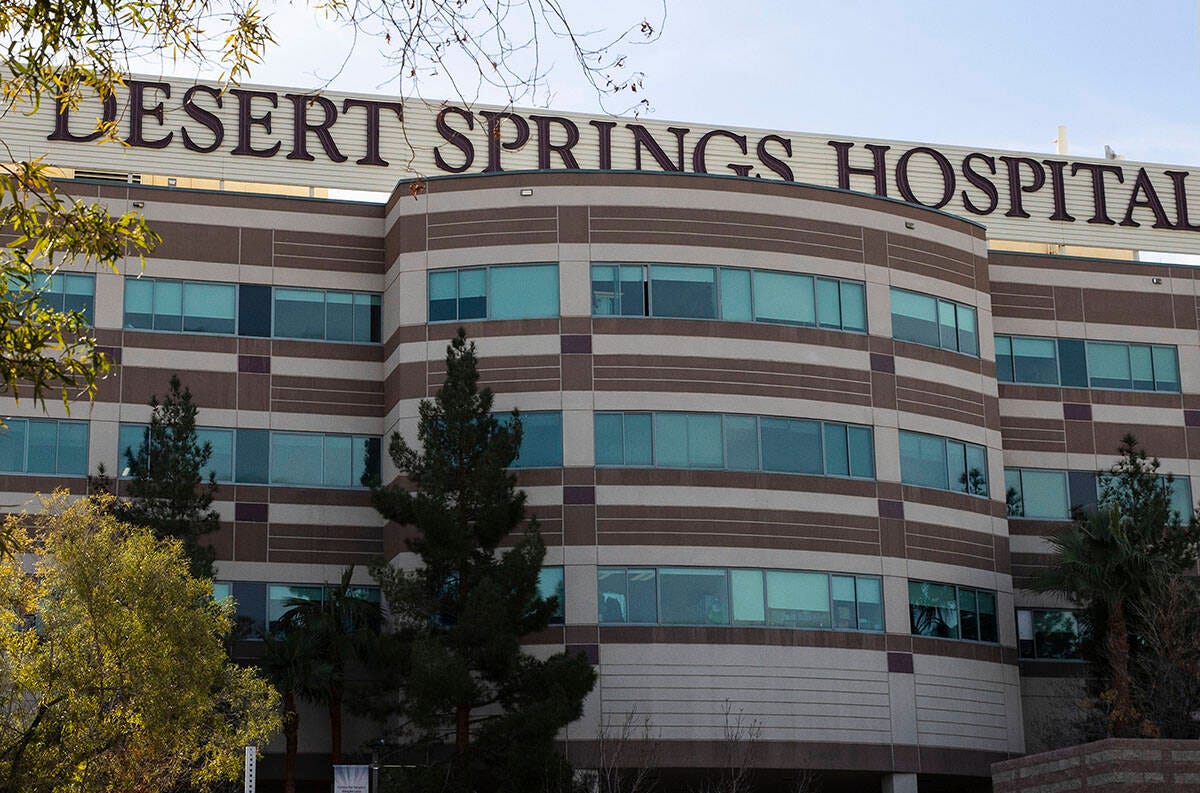06/05/2025: Hospital Illegally Withdrew Recognition of Union
It also illegally implemented a unilateral wage increase after withdrawing recognition.
Valley Hospital Medical Center Inc., JD-50-25, 28-CA-272658 (ALJ Decision)
This case involves multiple unfair labor practice allegations against Valley Hospital Medical Center and Desert Springs Hospital Medical Center, both operated by Valley Health System in Las Vegas, Nevada. The allegations stem from interactions with two unions: Culinary Workers Union, Local 226 and Service Employees International Union (SEIU), Local 1107.
The majority of the allegations were dismissed by Administrative Law Judge Keltner W. Locke. The case arose from over 20 charges filed between February 2021 and July 2022, resulting in a consolidated complaint with numerous allegations of anti-union activity.
Among the dismissed allegations were claims that managers threatened employees who engaged in union activities, subjected union supporters to closer supervision, denigrated union representatives, and prohibited union visits during the COVID-19 pandemic. The ALJ found much of the General Counsel's witness testimony regarding these allegations unreliable, particularly that of employees Shanlee Gouveia and Sandra Villalobos.
The ALJ did find two substantive violations. First, Valley Hospital unlawfully withdrew recognition from SEIU Local 1107 as the representative of its registered nurses unit on September 16, 2021. The hospital claimed it had evidence that a majority of nurses no longer wanted union representation, but failed to produce the signed cards it allegedly relied upon or offer convincing testimony about the verification process. Second, Valley Hospital violated the Act by unilaterally granting wage increases to the nurses after withdrawing recognition.
The ALJ also found that Dietary Department Manager Alison McCain unlawfully interrogated an employee about her union sympathies when she called the employee into her office and questioned why she supported the union.
The ALJ rejected allegations that the hospitals' "no-visitors" policy during COVID-19 constituted unlawful denial of union access, finding the policy was a legitimate emergency measure to protect patients during the pandemic. Similarly, the implementation of the "CapMan" system for assigning housekeeping work was deemed a lawful efficiency improvement rather than a significant change in working conditions requiring bargaining.
The ALJ expressed concern that the General Counsel included numerous allegations in the complaint without supporting evidence, noting that the hearing resembled a "fishing expedition" where counsel appeared to be investigating rather than proving established violations.
The remedy ordered Valley Hospital to recognize and bargain with SEIU Local 1107 as the representative of its registered nurses, and to rescind the unilateral wage increase if requested by the union. The ALJ rejected the General Counsel's request for extraordinary remedies, finding the violations less severe than alleged.
Significant Cases Cited
Valley Health System, LLC d/b/a Desert Springs Hospital Medical Center, 369 NLRB No. 16 (2020): Found these same employers had previously committed numerous unfair labor practices, including unlawfully withdrawing recognition from SEIU Local 1107 as the representative of three bargaining units.
Levitz Furniture Company of the Pacific, Inc., 333 NLRB 717 (2001): Established that an employer who withdraws recognition from a union based on evidence of loss of majority support does so "at its peril" and bears the burden of proving actual loss of majority support.
Wright Line, 251 NLRB 1083 (1980): Set forth the framework for analyzing discrimination cases, requiring proof that protected activities were a motivating factor in adverse employment actions.
Amazon.com Services, LLC, 373 NLRB No. 136 (2024): Overruled previous precedent to find "captive audience" speeches unlawful, but specified the change would apply prospectively only.
NLRB v. Gissel Packing Co., 395 U.S. 575 (1969): Established that an employer may communicate views about unions to employees as long as such communications do not contain threats of reprisal or promises of benefit.


I just recently read a book (https://www.versobooks.com/products/2276-raising-expectations-and-raising-hell) written by Jane McAlevey, an organizer with SEIU and SEIU Local 1107 in the mid 2000's about unionization and contract fights with that hospital (and others). It's the second book I've read by Jane McAlevey and she seems like she was a great organizer and it's substantially changed my mind about my own union and involvement. Highly recommend her work.